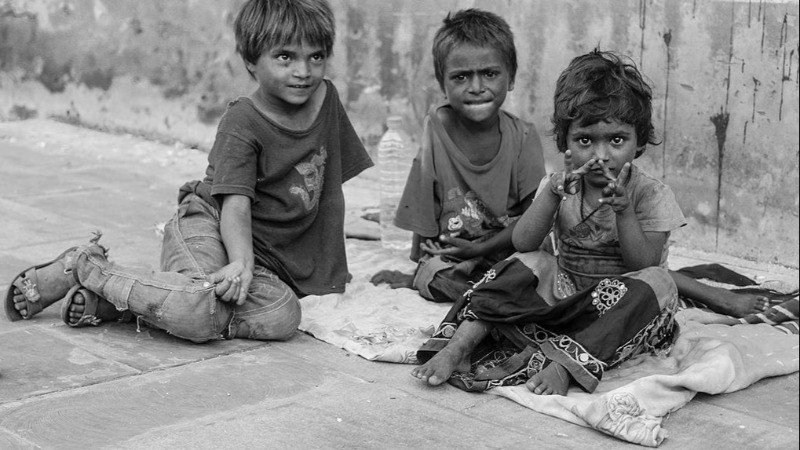
On October 17th, the world observes the International Day for the Eradication of Poverty, a significant occasion aimed at raising awareness about the plight of those living in poverty and promoting global efforts to eradicate it. This year's theme, "Ending Social and Institutional Maltreatment: Acting Together for Just, Peaceful, and Inclusive Societies," emphasizes the urgent need to address the underlying structures that perpetuate poverty and discrimination.
A Historical Context
The origins of this observance date back to 1987 when a momentous gathering in Paris declared poverty a violation of human rights. This landmark event not only highlighted the dire conditions faced by millions but also called for collective action to uphold these rights. The gathering's legacy is honored through the installation of replicas of a commemorative stone, which symbolize the ongoing struggle against poverty and serve as focal points for global observances, including one at the United Nations Headquarters.
In 1992, the United Nations officially designated October 17th as the International Day for the Eradication of Poverty, urging all member states to actively participate in initiatives aimed at alleviating poverty. This day serves as a platform for those experiencing poverty to share their stories and challenges, thereby recognizing their vital role in the fight against poverty.
A Collective Responsibility
The theme for this year underscores the necessity of unity in combating poverty and the maltreatment often associated with it. It calls for governments, organizations, and communities to work together in creating just, peaceful, and inclusive societies. Addressing social and institutional maltreatment involves not only recognizing and dismantling discriminatory practices but also implementing policies that empower marginalized communities.
A critical aspect of this initiative is fostering a sense of community and solidarity. Local events, discussions, and awareness campaigns can amplify the voices of those affected by poverty, ensuring their experiences and suggestions contribute to policy-making processes. This grassroots approach can lead to more effective and inclusive solutions that address the multifaceted nature of poverty.
The Path Forward
The eradication of poverty requires a sustainable approach that prioritizes the needs of all individuals, including future generations. Collaborative efforts can pave the way for innovative solutions, whether through education, healthcare, employment opportunities, or social protection systems. These strategies must be designed to break the cycle of poverty and enable individuals to thrive.
As we mark this important day, it is essential to reflect on our collective responsibility to ensure that no one is left behind. By fostering an inclusive dialogue and advocating for systemic changes, we can contribute to a world where everyone has access to the resources and opportunities necessary for a dignified life.
The International Day for the Eradication of Poverty serves as a reminder that poverty is not just a statistic but a reality that affects millions worldwide. This year's theme calls upon us to act together against social and institutional maltreatment, striving for a world that is just, peaceful, and inclusive. Let us unite in our efforts to eradicate poverty, ensuring a better future for all.